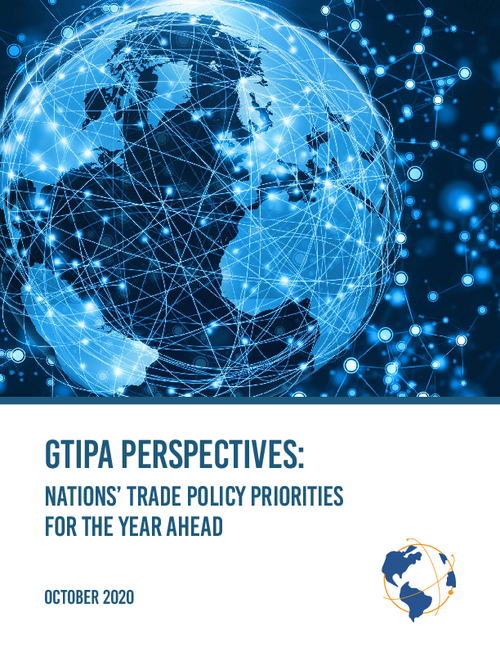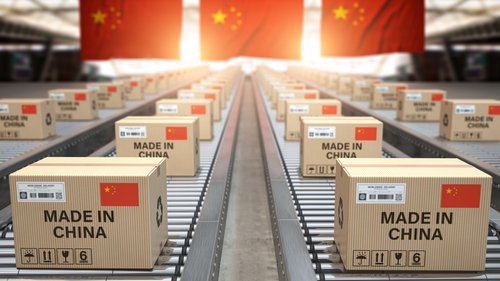As Germany has delegated trade policy to the European Union, the focus is put on highlighting strengths and weaknesses of EU trade and investment policy. Where possible, German policy positions are included.

GTIPA Perspectives: Nations’ Trade Policy Priorities for the Year Ahead

As Germany has delegated trade policy to the European Union, the focus is put on highlighting strengths and weaknesses of EU trade and investment policy. Where possible, German policy positions are included.
The European Union has continued to conclude free trade agreements with important trading partners such as Canada, Japan, Mercosur, Singapore, and Vietnam. This strategy opened the door for more bilateral trade liberalization and signals the EU’s strong commitment to open market orientation at a time when protectionist policies have gained ground. The basic framework agreement with Japan on the conclusion of bilateral trade negotiations was deliberately and intentionally announced during a G20 meeting in the presence of the U.S. president. The European Union is to be praised for its global leadership in forging many and varied new free trade agreements. On the flip side of this, however, for years civil society groups have lobbied to use trade agreements (and thus the lever of the large EU market) to induce trading partners to adhere to stricter labour and environmental standards even though trade policy tends to become overloaded and trading partners sometimes alienated. While recent EU FTAs do include sustainability chapters, stricter enforcement of the respective rules is requested. In reaction to these demands, the new European Commission plans to put a larger focus on enforcement. However, more caution is needed in order to prevent lest sustainability rules are misused as protectionist instruments that unduly reduce the competitiveness of developing and emerging countries. Moreover, proposals that EU firms should better monitor their global value chains for possible violations of sustainability standards need to be proportionate to the induced bureaucratic costs and the technical and legal ability to control more remote suppliers in value chains.

GTIPA Perspectives: Nations’ Trade Policy Priorities for the Year Ahead

More on the topic

Competitive pressure from China for German companies
A firm survey conducted in March/April 2024 as part of the IW-Zukunftspanel among around 900 German companies from the manufacturing and industrial services sectors shows that around 350 of the companies surveyed have Chinese competitors in their markets.
IW
Strategic autonomy and economic security achieve efficiently
In this study an analytical scheme is developed to operationalise the objective of strategic autonomy in a cost-effective way.
IW